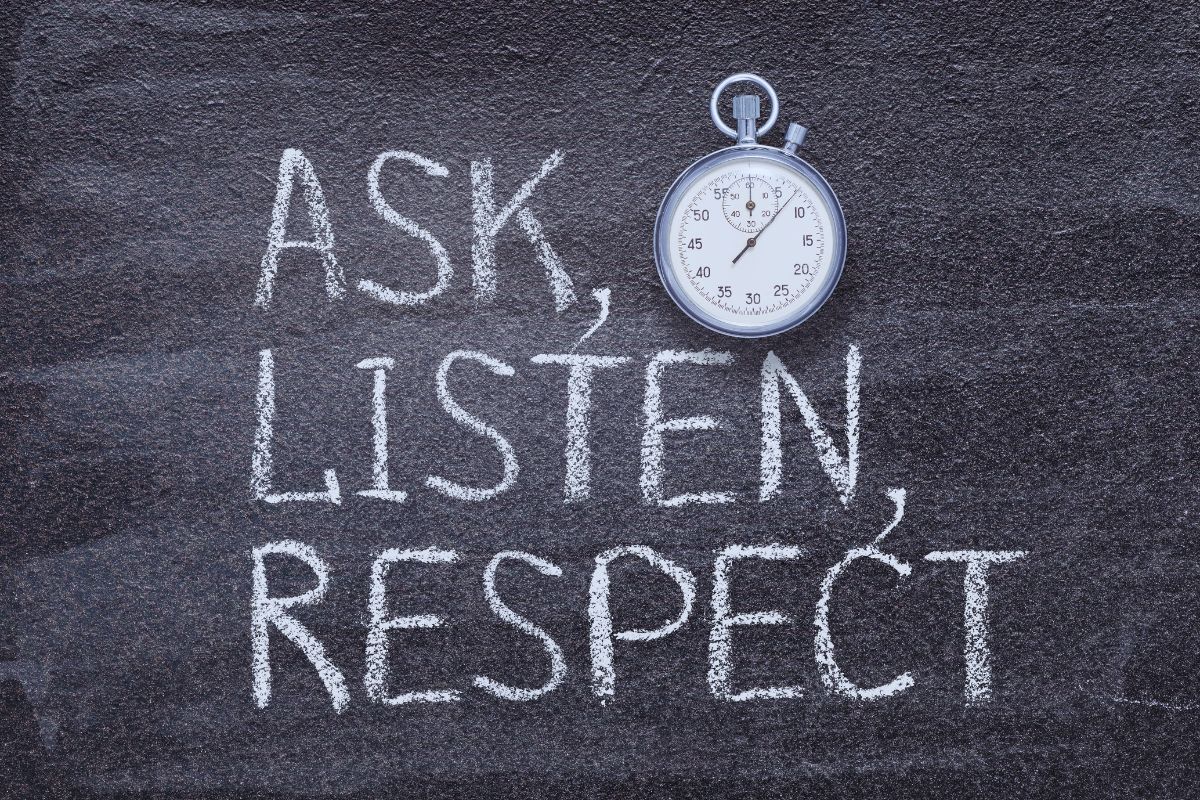How to Make Amends and Heal Relationships

Published Dec 7, 2020
Most of the time, we equate making amends with apologizing. But there is so much more to it than just saying sorry. Making amends is about making things right. It’s the desire to heal broken relationships. The last part, in particular, is what makes it more difficult.
You see, relationships are like fragile ceramic. Once it breaks, it’s impossible to restore it back to what it used to be. Yes, you can patch it up and glue the pieces back together. But the cracks will still be visible. Still, that doesn’t mean you shouldn’t at least try to put back the broken pieces.
Yes, trying to fix a broken relationship isn’t an easy task. Even the act of saying you’re sorry and admitting to our mistakes takes an incredible amount of courage. But if you really are sincere in your intention to set things right, no task is too daunting. Besides, the decision to make amends with the people you’ve hurt is already a big step.
If you’re still not sure how to proceed, here are some tips on how to make amends and start healing broken relationships:
1. Allow Yourself To Be Vulnerable
Opening yourself up and making yourself vulnerable might be the hardest thing you’ll ever do. But being honest with yourself and the person you’ve hurt is the first step to healing.
Since childhood, we’ve been hardwired to bottle up our emotions. There’s always that notion that wearing your heart on your sleeve makes you look weak. This is the first hurdle that you need to overcome.
If you really want to make amends, you need to tell the other person what you really feel. Let them know your regrets and your hopes. This will help the other person understand your side of the story. Pour your heart out and cry as much as you want. It won’t make you a lesser person. If anything, it makes you so much stronger.
2. Ask Yourself Why You Are Making Amends
Why do you want to make amends? Are you just doing it because you need a favor from the other person? Or is it because you sincerely want to patch things up with them?
If you’re doing this for selfish reasons, you may need to rethink your intentions. Sooner or later, the other person will know what you’re really up to. And when that happens, you may never have
3. Consider The Reason For The Fallout
Most broken relationships aren’t caused by a single conflict. It’s a result of many unaddressed small issues that snowballed into what it is now.
So before you ask for forgiveness, think about what really caused the conflict. Was it because of a recent quarrel? Or is it because of underlying issues that you both ignored until it blew out of proportion?
Knowing the true reason for the fallout will help you choose your words. If you include those reasons in your apology, it will also show the other person that you really are sincere about making amends.
4. Apologize Sincerely
An apology, if not sincere, is just a waste of time. The other person may accept it but it can never patch things up between you two. It will just be like putting a band-aid on a festering wound.
For an apology to achieve its purpose, it must come from the heart. You don’t need too many words or grand gestures. You just need to show true remorse for what you’ve done.

5. Lower Your Pride
Most of the time, when we apologize, we tend to put the blame on others instead of owning up to our mistakes. This is pride at work.
If you really want the other person to feel your sincerity, lower your pride. Accept that you are not perfect and that you are also capable of making mistakes. Instead of blaming others for your bad decisions, own up to it. It doesn’t hurt to say, “I was wrong. I’m sorry.” Well, apart from a bruised ego of course. But you’ll survive.
6. Avoid Making Excuses
Making excuses for your mistakes is just as bad as putting the blame on others. When you apologize, just apologize. Don’t try to make excuses. If you do, you are justifying your actions instead of asking for forgiveness. How, then, can the other person forgive you?
7. Listen to Their Side of the Story
Making an apology should be a two-way street. You air your side but you should also give the other person a chance to say their piece too. Listen to their side of the story and understand how they feel. Who knows, it might give you a fresh perspective of the situation.
8. Put Yourself in the Other Person’s Shoes
Sometimes, we only want to make amends with someone because we know we’ve hurt them. But we have no idea how much hurt we’ve caused until we put ourselves in their shoes. Try to see things from their point of view.
If they’ve done to you everything you’ve done to them, how would you have felt? If you are on the receiving end of the apology you’re making right now, will you find it in your heart to forgive?
9. Ask How You Can Make Things Right
After you’ve apologized, ask the other person how you can make things right. This will let them know that you really mean to make up for what you did.
10. Give The Other Person Time and Space to Process Your Apology
If saying sorry is hard, accepting one is even harder. You can’t expect someone to forgive you just because you apologized. Especially if they went through some really bad things because of you. You need to give them time and space to accept your apology. Don’t pressure them to answer right away. It may take months or years so you need to be patient. Remember that they are going through a process of their own too.
11. Give Them Time to Heal
If the person you’ve hurt accepts your apology, that doesn’t mean that things can go back to the way they were. Healing, whether physical or emotional, takes time especially if the wound is too deep. If they forgave you, be grateful for it. But don’t pressure them to just move on and act like nothing happened. Give them a chance to heal. It’s the least you can do.
12. Keep to Your Purpose
Forgiving someone takes a lot of courage. So don’t be surprised if some people just can’t find it in their hearts to forgive you. It’s their prerogative. Don’t let it discourage you from making amends with other people. The important thing is you’ve asked for their forgiveness and are willing to change for the better.
Donate To The Poor & Homeless Of South Florida
Our Father’s House Soup Kitchen has fed the poor and homeless in South Florida over 900,000 hot meals since 1993. Our tax deductible non profit organization also accepts and distributes donations such as clothing, toiletries, shoes, bicycles, and more. You can donate to help the poor and homeless through our website.

Reviewed For Factual Accuracy
Our team meticulously fact-checks all website content before publishing. Discover more about our website’s editorial standard here and the dedication we uphold.

About The Author
Judy Ponio is a professional writer and devoted Christian. She has a passion for writing about topics related to morality and helping the poor and homeless. She is the lead author for the Our Father’s House Soup Kitchen blog.
Correct Digital, Inc is paid by private donors to provide website digital marketing services to this non-profit organization.





